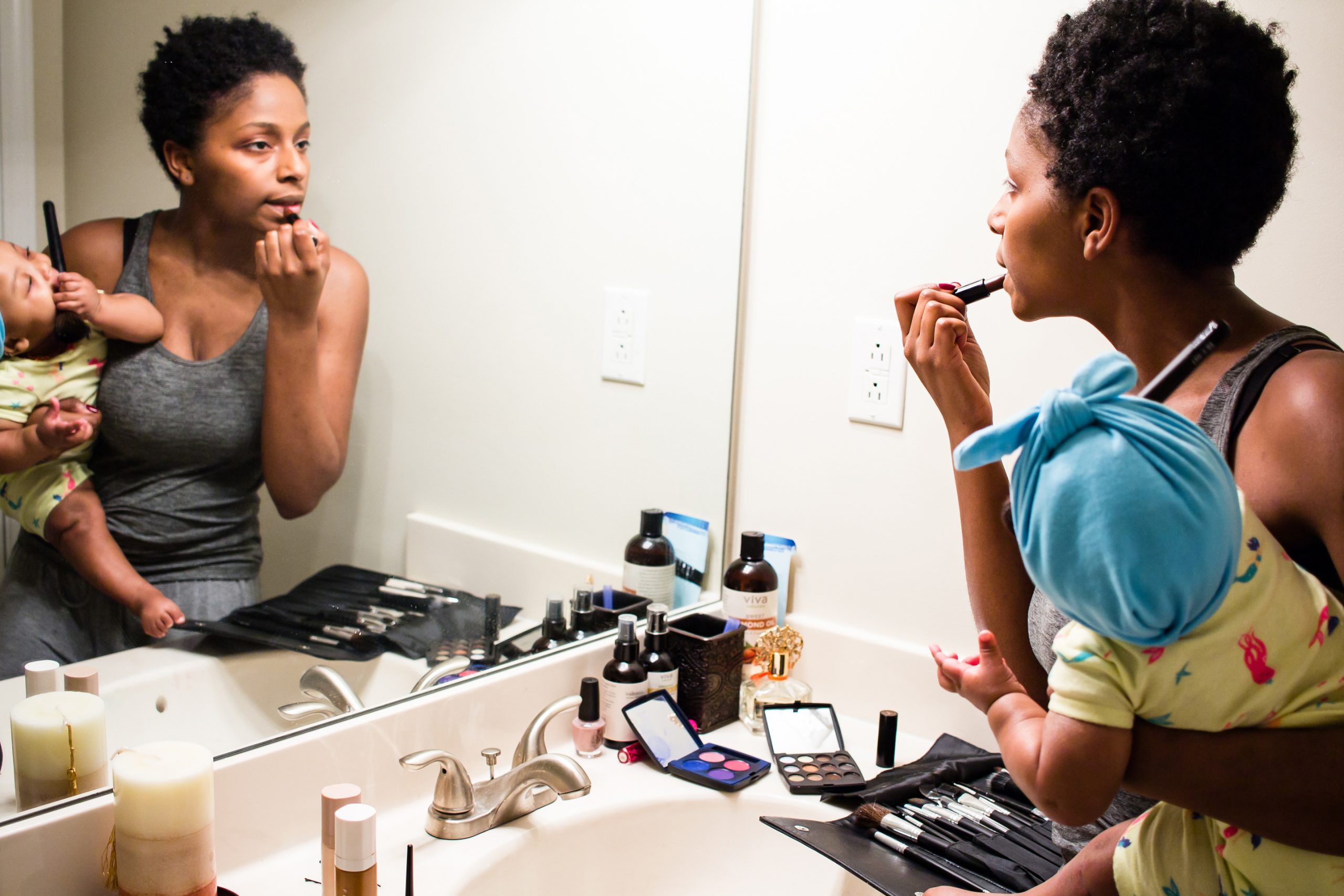Postpartum psychosis (PP) is a rare but serious mental illness that can occur after childbirth. It is characterized by a sudden onset of severe mood swings, delusions, and hallucinations. Symptoms typically begin within the first two weeks after childbirth, but can occur up to a year later.
The exact cause of PP is unknown, but it is thought to be caused by a combination of factors, including:
- Hormonal changes: The rapid changes in hormones that occur after childbirth can trigger a psychotic episode in some women.
- Sleep deprivation: New mothers are often sleep-deprived, and this can also contribute to the development of PP.
- Genetic predisposition: Women who have a family history of mental illness are at increased risk for developing PP.
The symptoms of PP can vary from mild to severe. Some common symptoms include:
- Suicidal or homicidal thoughts
- Thoughts of harming the baby
- Insomnia
- Irritability
- Mood swings
- Intense expression of emotions
- Visual hallucinations
- Auditory hallucinations
- Depressive symptoms or intense sadness
- Anxiety or racing thoughts
- False reality
If you are experiencing any of these symptoms, it is important to seek medical attention immediately. Postpartum psychosis is a medical emergency, and early treatment is essential.
Treatment for postpartum psychosis typically involves a combination of medication and therapy.
- Medication: Medications such as antipsychotics and mood stabilizers can help to control the symptoms of postpartum psychosis. Antipsychotics work by blocking the effects of dopamine, a neurotransmitter that is thought to be involved in psychosis. Mood stabilizers can help to regulate mood swings and prevent relapse.
- Therapy: Therapy can help to address the underlying causes of the psychosis and teach coping skills. Therapy can also help women to understand their experiences and to develop a plan for managing their symptoms.
With proper treatment, most women with postpartum psychosis make a full recovery. However, it is important to continue taking medication and to follow up with your doctor regularly. This is because the symptoms of postpartum psychosis can sometimes recur, especially if medication is stopped abruptly.
Here are some additional information about the treatment of postpartum psychosis:
- The type of medication and therapy used will vary depending on the individual woman’s symptoms and needs.
- It is important to start treatment as soon as possible after the onset of symptoms. Early treatment can help to prevent the symptoms from becoming worse and can improve the chances of a full recovery.
- Women with postpartum psychosis should be monitored closely by their doctor. This is important to ensure that the treatment is effective and to detect any side effects.
If you are concerned that you or someone you know may be experiencing postpartum psychosis, please reach out for help. There are many resources available, including:
- The National Institute of Mental Health: 1-800-662-HELP (4357)
- The National Alliance on Mental Illness (NAMI): 1-800-950-NAMI (6264)
- The Postpartum Support International Helpline: 1-800-944-4773
You are not alone. There is help available.

